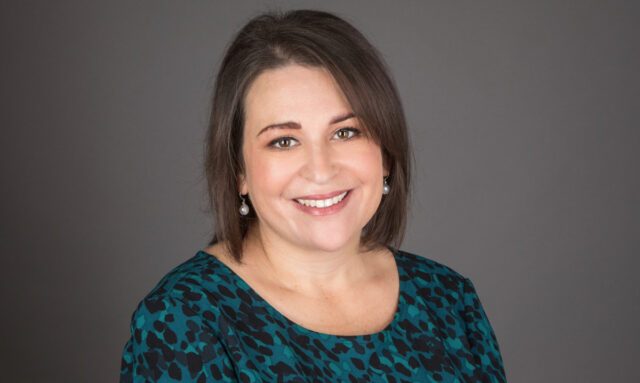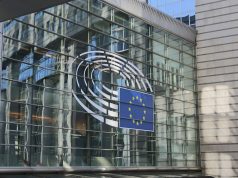| By Elena Johansson
Investors need to put ESG data in context of broader investment principles and see the bigger picture, an expert at the Church of England has said.
Bess Joffe, Head of Responsible Investment at the Church Commissioners for England, warned investors to overly rely on ESG data when managing portfolios given the current limitations of such data.
“If you only look at the data that’s available now, you’ll miss what you should be thinking about [for your portfolio] for the next five years,” she said.
Ethical ESG approach
As a faith-based investor, the approach of the Church Commissioners for England, which is responsible for an endowment fund worth £9.2 billion, is grounded in ethical investing.
Its updated responsible investment policy from March is driven by two themes: respect for the planet and respect for people.
The fund incorporates ESG considerations in all asset classes and does impact investing.
The asset owner developed an impact investment framework in 2019 to target, manage and measure impact across its portfolio.
Priorities for impact are based on core principles of the Anglican faith, translated into financially tangible impact themes, and were mapped to the UN Sustainable Development Goals (SDGs), a 2020 impact framework report says.
Most of the fund’s investment assets are externally managed, according to its 2021 responsible investment policy.
Joffe explained that the fund uses a proprietary framework with which it assesses its managers who “have to meet certain threshold criteria” to be employed.
Holistic strategy
As a member of the UN-convened Net-Zero Asset Owner Alliance, the Church Commissioners for England announced in April its goal to reduce the carbon intensity of its public equity and real estate investment portfolio by 25% by 2025, with 2019 as a baseline.
To realise this goal, the asset owner committed to increasing its engagement activity with the highest emitting companies in its portfolio.
In 2020, it started to disinvest from firms rated poorly by the Transition Pathway Initiative (TPI) and displaying a lack of responsibility in supporting the transition to a low carbon economy.
Fossil fuel companies that, based on TPI data, are not prepared to align with the goals of the Paris Agreement will be disinvested by 2023, the responsible investment policy says.
But biodiversity, human rights and themes like artificial intelligence are rising on the agenda of the fund.
Joffe believes that investors need a “holistic approach”, which can go beyond still limited ESG data, to be able to cover all material and intertwined themes, and not run the risk of losing sight of future challenges.
“We need to marry the biodiversity piece across all of our portfolio and have a better, a more holistic approach, to engaging on biodiversity — like we have developed it on climate change,” she explained.
The asset owner co-founded the Nature Action 100+ initiative, which is a biodiversity programme yet to be launched and modelled based on CA100+, an investor coalition that engages with high carbon emitting firms.
As a member of the Science Based Targets Network Corporate Engagement Programme, the Church Commissioners will also play a role in co-designing nature targets.
Holistic real estate indicators
The fund plans to report a whole portfolio carbon footprint by the end of 2021.
This footprint will be looking at future carbon issues as well as at current performance, and including a carbon footprint of real assets, its 2020 stewardship report writes.
For its directly managed real assets portfolio, the Church Commissioners will take a holistic approach to net zero.
“We are developing indicators for real estate across a range of ESG factors,” Joffe said.
“We have just completed measuring natural capital. Example indicators that we are thinking about are habitat condition, water quality, carbon sequestration and emissions, and the social values of ecosystem services provided.
“There are a lot of different pieces to that puzzle,” she added.









